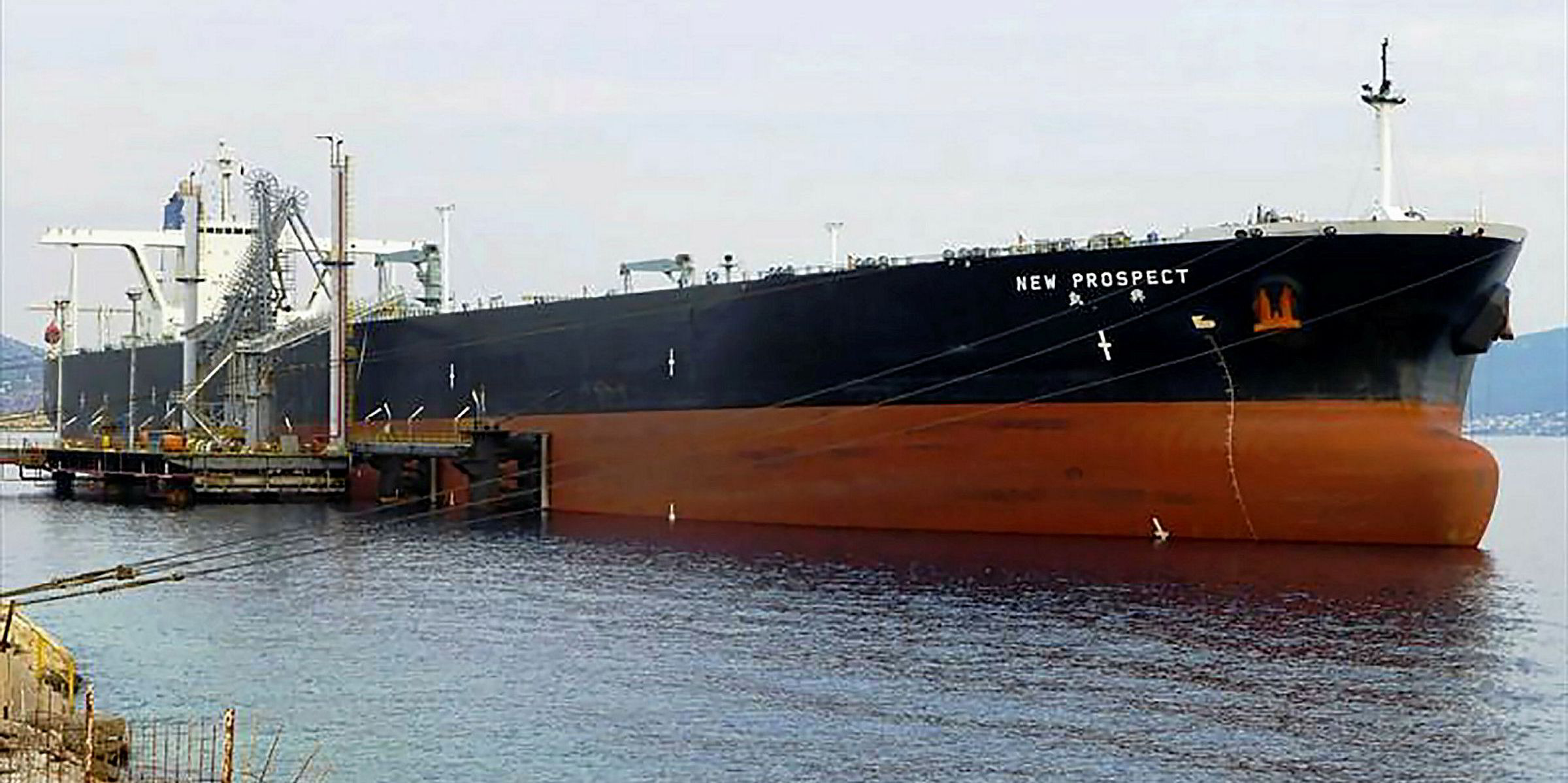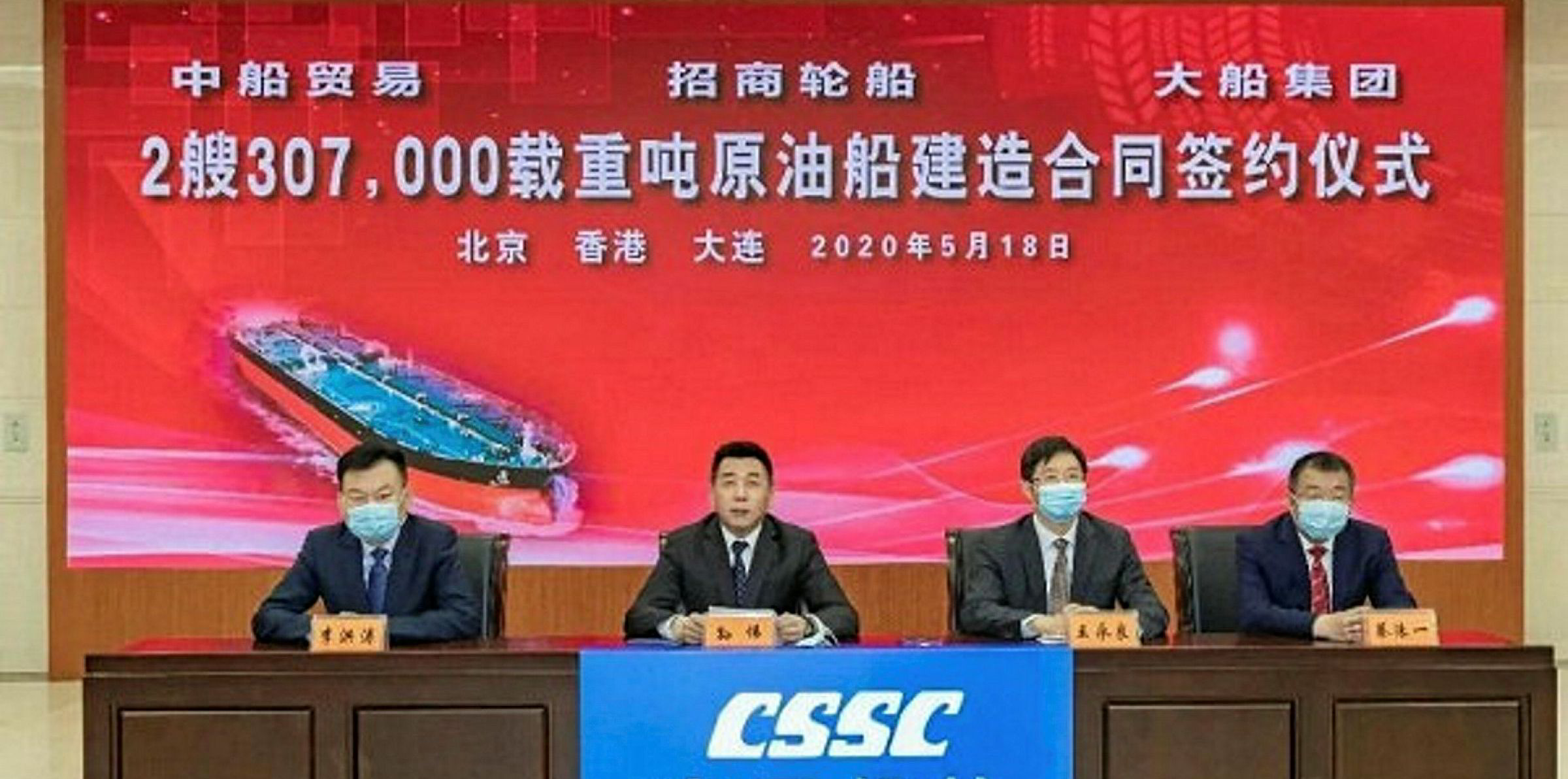Tanker owners are facing increased competition from traders and oil firms in the spot trade, where shipping demand has fallen amid large cutbacks of crude output by major producers, according to industry sources.
In the month to 20 May, 36% of the 91 confirmed or failed VLCC fixtures were linked to vessels operated by refiners, oil majors or trading houses, data from Tankers International showed.
This compared with 26% of the 115 fixtures recorded between 21 March and 20 April.
Having time-chartered those vessels from their owners, those companies have increasingly found their storage and transport requirements are smaller than expected, some players suggested.
“Oil price has recovered and contango has narrowed a lot, so there are few incentives in storing crude at sea,” said a Chinese charterer.
“If a charterer can make enough profits from selling its oil in floating storage now, it will do that and fixes the ships out for spot voyages instead.”
The coronavirus-triggered oil oversupply has begun to ease with Russia, the US, Saudi Arabia and other major producers embarking on some of the largest supply cuts in history.
“Opec+ implemented large production cuts starting in May, while, outside of Opec, the US shale producers also reduced output,” Erik Broekhuizen, global tanker research manager at broker Poten & Partners, said.
According to the International Energy Agency, global oil supply is set to fall by a “spectacular” 12m barrels per day (bpd) in May to a nine-year low of 88m bpd.
“Relet of dedicated tonnage into the spot market reflects oil companies having a smaller program,” said Clarksons Platou Securities, the investment banking arm of shipbroking giant Clarksons.
Rare players
Western majors and big traders have generally been operating vessels that are on period charter from owners, either for trading purposes or their cargo programmes, so they are not unusual players in the spot trade.
But what has raised some eyebrows are the offers from some Asian refiners, which tend to be more conservative in their fleet strategies.
Among recent charter deals, SK Energy reportedly fixed the 297,900-dwt New Prospect (built 2009) on subjects to Unipec to load from the Middle East Gulf between 6 and 8 June for a shipment to China.
Northern Petroleum International, part of ZhenHua Oil, was said to be seeking to charter the 297,000-dwt Nave Constellation (built 2010) to Petrobras from Singapore to China, but the fixture failed to materialise.
TradeWinds has approached ZhenHua and SK Energy for comment.
Weak spot markets
With more players fighting for limited cargoes, spot tanker earnings have been on a slippery slope in recent weeks.
According to the Baltic Exchange, spot VLCC earnings on the Middle East-to-China route were $40,522 per day on Friday, down 81.8% over the past month.
“That trend will continue as demand is not strong enough to withstand the overcapacity in the market,” Bimco chief shipping analyst Peter Sand told TradeWinds.
“I could see this become some very tough months over the summer.”
On the other hand, Poten’s Broekhuizen has struck a more positive tone.
“Even if the market continues to go sideways for a while, and rates stay where they are, most tankers owners will be quite satisfied,” Broekhuizen said.
Earnings protection
On a corporate level, many tanker owners — including Frontline and Euronav — have sought to protect their bottom lines from weak spot earnings by securing front cover.
Estimates by VesselsValue show at least 78 VLCCs have been fixed on period charters since March, one of the busiest periods the market has seen in recent memory.
Those charters are generally believed to have been secured at strong rates and attached with storage options.
Discussing his company’s period deals in a recent conference call, Frontline Management chief executive Robert Hvide Macleod said his counterparties would be free to either trade the ships or use them as floating storage.
In any case, the charterers “would still have an obligation to keep the vessel on hire and pay us hire until the earliest redelivery dates,” Macleod stressed.
Among Frontline’s deals, two VLCCs were fixed at $82,400 per day for an average of 9.5 months, while another three secured $91,700 per day for just under six months.








